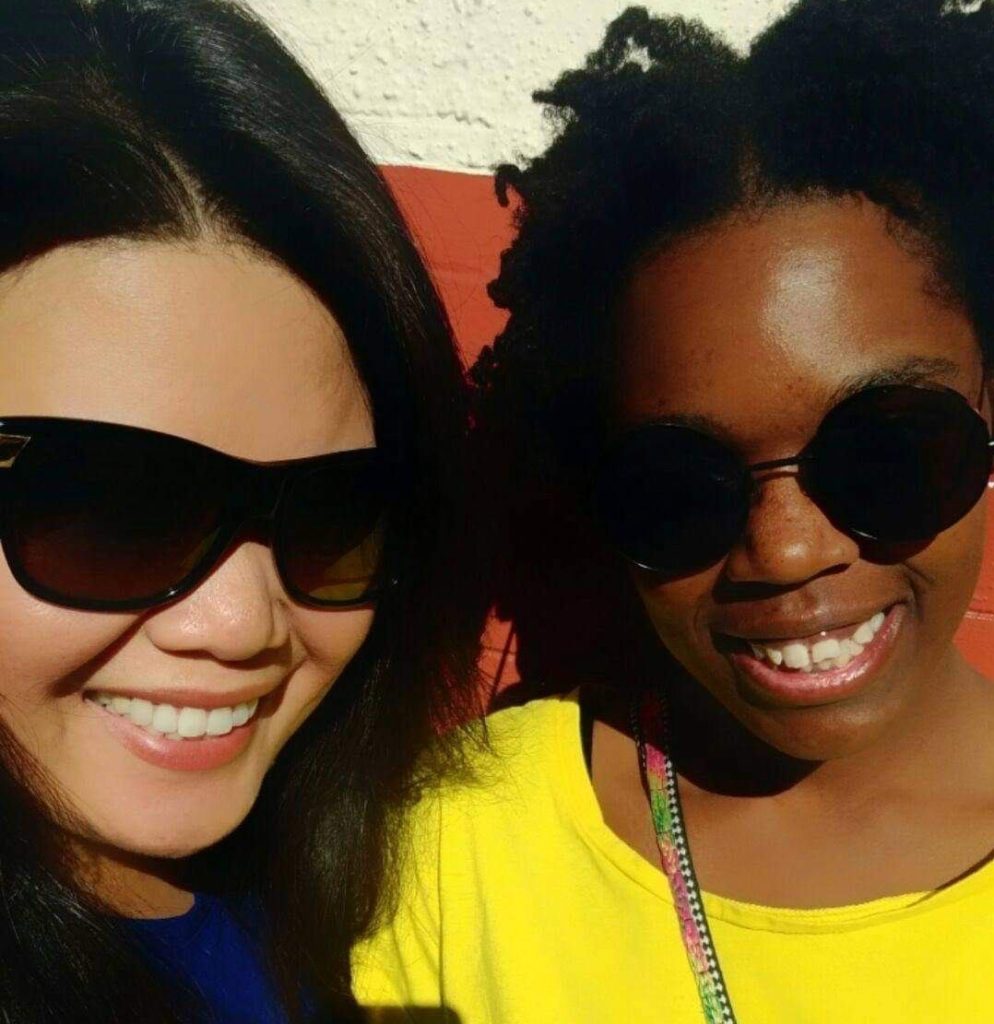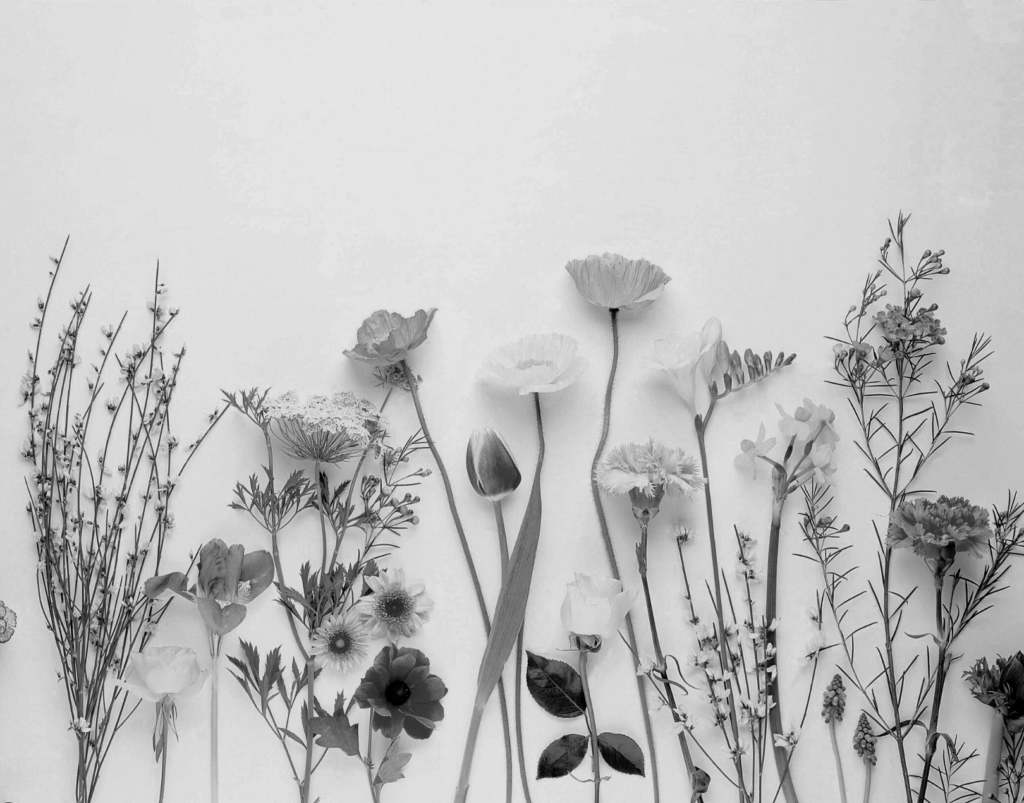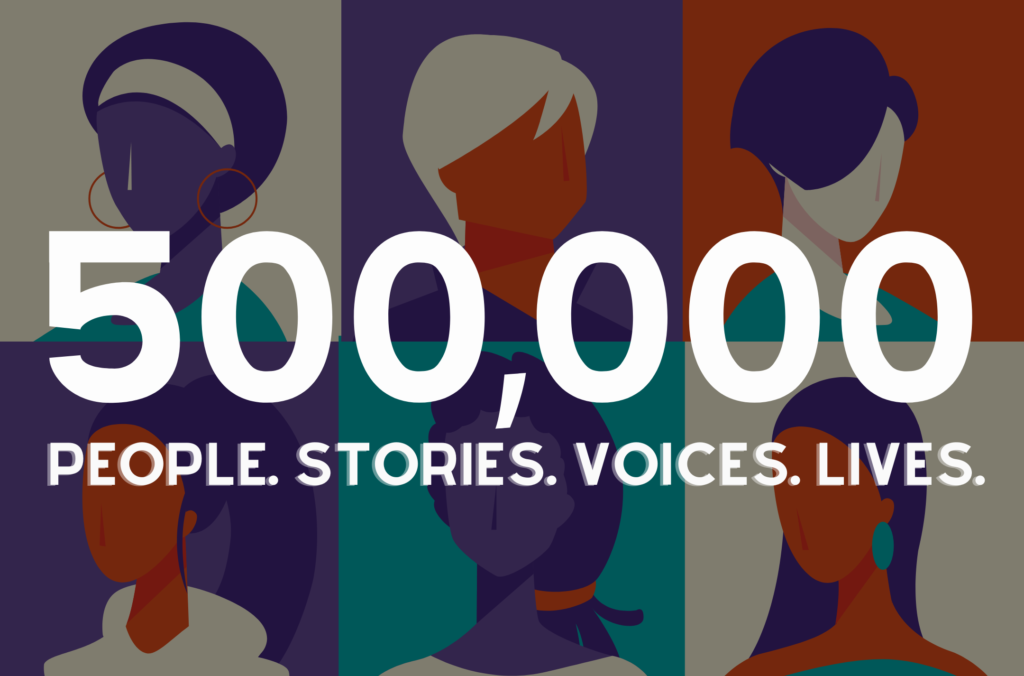Part 1: Catharine, the Friendly Foodie Behind the Statistic
“What is grief, if not love persevering?” – WandaVision
With millions of lives lost to COVID-19 in the past year, the statistics can feel abstract, even meaningless. How can the human brain process the scope of these tragedies — the millions of children, siblings, partners, family, and friends left behind to grieve the deaths of their loved ones?
By featuring the voices of young adults who have lost someone to COVID-19, this series is designed to give you a glimpse into the lives lost, and how the people left behind are finding their way forward.
We begin with Brandy, a solar policy advocate balancing work, grad school and grief. As you’ll see in this conversation, her love for her friend, Catharine Phanavong, is still as strong as ever – but it is only one facet of her experience with grief. We’ll be posting this interview in three installments, so keep an eye out for our upcoming posts.
—
Brandy Hyatt: So on August 12 of last year, I lost my friend, Catharine. She [lived] in LA, and she and her partner got really sick. And he was able to recover, but she wasn’t. She died from complications, which was related to some pre-existing conditions. She was 39. She loved food, she would cook for everyone, and she was very maternal, at least for me.
I moved out to California about a year after she did and I didn’t know anyone in the area out here. And so she was really helpful in pushing me to go talk to people, go do this, go do that. And she said, “If you ever feel bad, just take the bus down to LA and come visit.” So I would go to LA every couple of months, and come down and sleep on her couch. And she’d make us breakfast and make me dinner and take me to the beach and drive me around because I don’t have a license, so navigating LA is a struggle. And she was just really posh and polished. And so she would always take us to the fanciest places. And so a lot of the time there would be places with long lines and she would know the bouncer. She was just this very bubbly person who everyone loved.
Charly Jaffe: And I’m curious — how did you two meet?
Brandy Hyatt: We met at the worst job either of us have ever worked, at this tech company in Minnesota. We met in Minneapolis and so one day she came up to me during lunch because I was eating by myself every day and she was like, “What’s your name? What do you do? How old are you?” She just came up to me and started blasting all these questions and I’m like, “This is very intense, this is a lot of energy.”
But we ended up hanging out after that. And so she would sometimes give me rides home cause when it got [to be] winter, a lot of people are just super worried about people who take the bus, saying “I will give you a ride home, I don’t want you to be outside in the cold.” Granted, the bus runs really pretty well in Minneapolis, so I never really had an issue, but we met there and kind of bonded over not really enjoying our job. And then kind of going out and building a friendship from there.
Lauren Bender: She sounds amazing. It sounds like a really incredible friendship. You said she passed away in August? How long was she sick for?
Brandy Hyatt: She got sick at the end of July, but didn’t tell any of us right away. And I kind of had a feeling because we had been messaging through it. I saw her [for the last time] in January of last year, because we had gone down for my sister’s birthday and hung out. And so she was doing some Zoom hangouts, cooking, etc. But she had sent me the vaguest message at the end of July, asking how I was doing, that she hoped I was doing well. But it was, I don’t know, it was framed so weirdly. And I was like, “Oh, good. How are you?” and then I didn’t get a response for a really long time, for a couple of weeks. And then so she finally told folks she wasn’t doing well, like, “I’m in the hospital, this is happening.” I’m not sure how much she was sick before that, but I know the last week in July, up until August 12 — that timeframe was about how long she was really sick.
Charly Jaffe: I’m curious to hear your perspective. What was your journey with her sickness, emotionally, throughout that timeframe?
Brandy Hyatt: I guess part of it was [that] I was trying not to engage with being afraid too much while she was sick, just because a lot of people will catch [COVID-19]. And lots of people come out and they’re fine. Like, there’s health issues. But I mean, my friend was 39. So I really felt like, “All right, most likely, she’ll come through and pull through this.” But her partner had mentioned that she wasn’t — it wasn’t turning around as quickly. I guess I really was trying to not engage with the worst case scenario. I was really thinking the best.
And finding out about her death was kind of hard, because I started getting text messages from people because I hadn’t been on social media for two days. And I hadn’t checked or anything or texted, because you know, you don’t want to bother anyone when they’re in the hospital. So we hadn’t messaged in about two weeks. And I started getting messages on social media and texts on my phone and found out about her death that way, which was a little frustrating for me. It made me go, “Oh my god, I should have been checking in more,” but I’m also like, “How much energy does somebody have around their deathbed?”
A lot of it was just hard. I feel like I have less of that now. But in the beginning, I was frustrated at myself. I was upset that I didn’t reach out more, text more, do more to check in. While she was sick, I felt like I was doing her a favor, right? Trying to be like, “Space, keeping good thoughts” and thinking like, “Yeah, everybody’s gonna pull through.” I don’t think anyone thinks that that’s gonna be the last time when they go to the hospital and don’t come back out.
The end of Catharine’s life marked the beginning of a new journey with grief for Brandy. Come back next week to hear how Brandy navigates drawing boundaries in grief.
If you are a young adult grieving the serious illness or loss of a loved one to COVID-19, COVID Grief Network offers both 1:1 and group support, which you can sign up for here. If you’re a young adult in our network and you’re interested in sharing your story for future installments of the Our Voices blog, please reach out to us at covidgriefnetwork@gmail.com.



